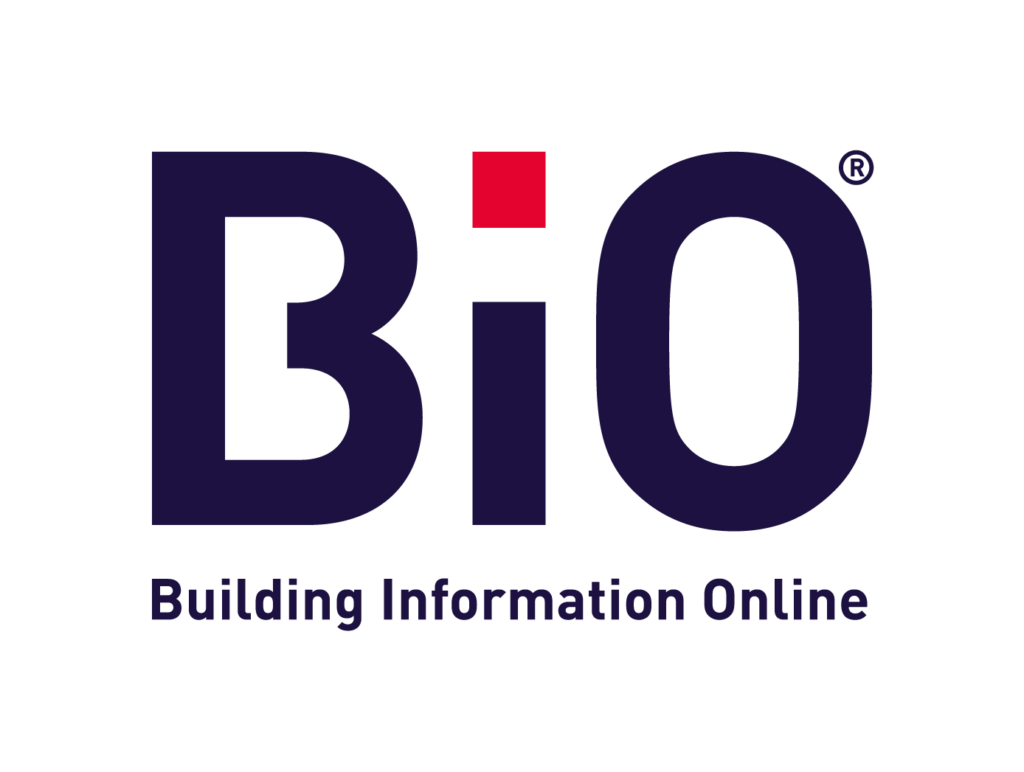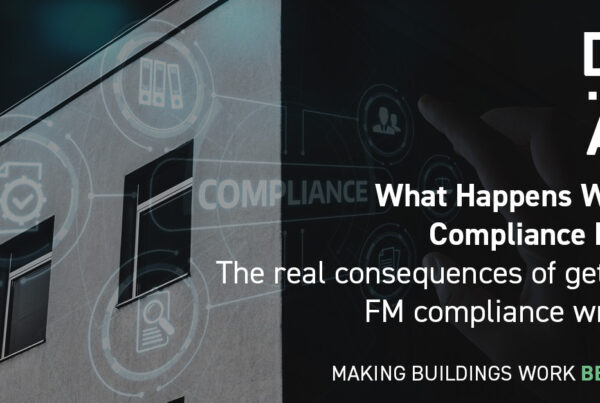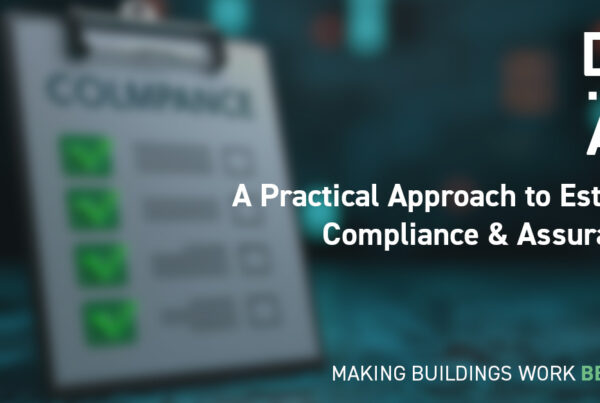
How Facilities Management Has Evolved from Maintenance to a Strategic Powerhouse.
Facilities management (FM) has come a long way. Once seen primarily as a behind-the-scenes function focused on maintenance and operations, FM has transformed into a strategic discipline that touches everything from sustainability and technology to employee wellbeing and business resilience. While the last 10 years have seen rapid change, the evolution of FM spans decades, and the journey is far from over.
Facilities Management: A Longer View
30+ Years Ago: The Operational Era
In the late 20th century, FM was largely focused on the basics:
- Building upkeep and repairs
- Cleaning and janitorial services
- Security and compliance
- Utility management
Roles were manual, paper-based, and often outsourced. FM was seen as a necessary cost, not a contributor to business strategy. There was little integration with other departments, and technology was virtually non-existent.
10–20 Years Ago: The Transitional Phase
As businesses grew more complex, FM began to evolve:
- Introduction of basic digital tools like spreadsheets and early CAFM systems
- Greater emphasis on space planning and supply chain management
- Early conversations around sustainability, though not yet mainstream
- FM teams started to gain visibility, but were still largely reactive
This period laid the groundwork for the strategic shift that would follow.
Last 10 Years: The Strategic Shift
The past decade has been transformative:
- Smart building technologies and IoT have enabled real-time monitoring and predictive maintenance
- FM now plays a central role in sustainability and ESG reporting
- The rise of hybrid work and the impact of the pandemic pushed FM into the spotlight
- FM contributes directly to employee experience, health & safety, and space optimisation
- Data-driven decision-making has elevated FM from a support function to a strategic partner
The Diverse Roles in FM Today
Today’s modern FM professionals wear many hats. These roles include:
- Workplace Strategist – Aligning space with business goals and employee needs
- Sustainability Officer – Driving green initiatives and ESG compliance
- Health & Safety Coordinator – Ensuring wellbeing and regulatory adherence
- Tech Integration Specialist – Implementing smart building solutions
- Vendor & Contract Manager – Managing external partnerships and service quality
- Space Planner – Optimising layouts for hybrid and flexible work
- Employee Experience Advocate – Enhancing comfort, engagement, and productivity
What’s Next: The Future of FM
Looking ahead, FM will continue to evolve in exciting ways:
- AI and Automation – From smart HVAC systems to autonomous cleaning robots
- ESG Reporting – FM will play a key role in tracking and reporting sustainability metrics
- Strategic Integration – Closer collaboration with HR, IT, and leadership teams
- Flexible Spaces – Designing multi-use environments that adapt to changing needs
- Wellbeing-First Design – Prioritising mental health, inclusivity, and sensory comfort
Why These Changes Are for the Better
The transformation of FM is not just about technology—it’s about impact. Today’s FM teams:
- Operate proactively, not reactively
- Align with business strategy and culture
- Enhance employee satisfaction and retention
- Reduce environmental impact and operational costs
- Contribute to innovation and resilience
Over my 46 years in facilities management, I’ve seen the industry move from being a reactive, back-office function dependent on manual processes, to becoming a central part of technology-led business strategy. Today, FM isn’t just about fixing problems. It’s about creating internal spaces that are smarter, healthier, and more sustainable. This shift is long overdue, but it’s exciting to see our profession finally recognised for the value it brings to organisations and their people.
Steve McGregorExecutive Chairman, DMA Group
Embracing the New FM
Facilities management has evolved from a background function to a strategic powerhouse. As the workplace continues to change, FM professionals are uniquely positioned to lead the way, creating smarter, healthier, and more sustainable environments.
Whether you’re in FM or work alongside these teams, now is the time to recognise their value and support their continued growth.
How strategic is your facilities management approach?
Learn how partnering with DMA Group can help you reduce operational costs, improve building performance, and align FM with long-term organisational goals.




